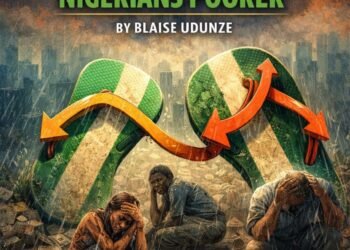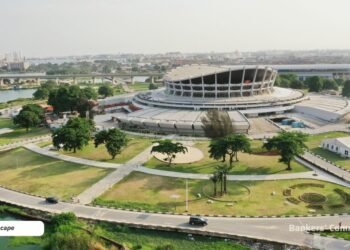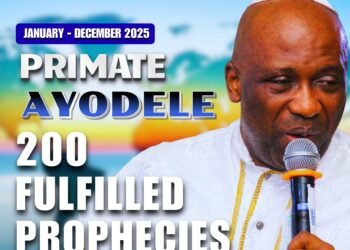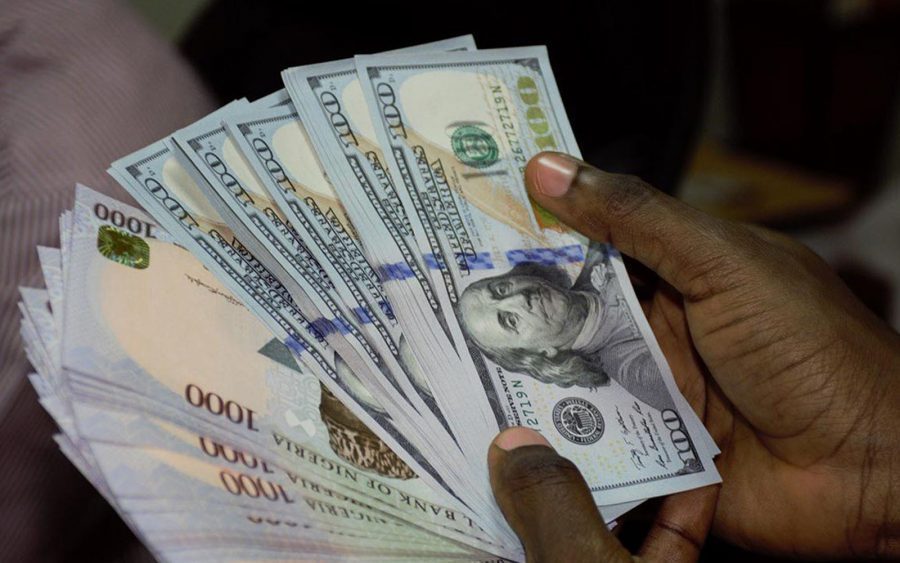“But please, can I ask you to postpone your campaign till after the 2019 election?” President Muhammadu Buhari asked as a cross-section of Nigerian youths from the 36 states and federal capital territory cheered and applauded him for signing the Not-Too-Young-To-Run Bill into law.
It was a grand moment in the history of Nigeria’s democracy when President Buhari signed the bill allowing young Nigerians to vie for political offices. The bill altered four sections of the constitution- Sections 65, 106, 131 and 177 and spoke clearly about reducing age qualification for political positions. This meant that a 25-year old Nigerian with a burning desire for impact and an eye for the future could contest a seat at the House of Representatives. It also indicated that a young Nigerian with the capacity, capability, and charisma to lead could vie to become the President at 35. That it took until 2018 to liberate young Nigerians from their political bondage was a step many blamed. It prevented the future from fighting for itself earlier than now. But it’s never too late; after all, ours is still a nascent democracy and will keep evolving with generations.
Back to the President
President Buhari indeed asked young Nigerians to wait for some time to achieve their Presidential desires, and they heeded to his gentlemanly, albeit jocular appeal. He wasn’t joking anyway. He meant that. The year 2019 would have been too early for a young Nigerian to throw his hat into the Presidential ring. Vying to become Nigeria’s President or the President of any country for that matter requires nationwide politicking. It involves listening to the desires and values held by the constituent parts of the nation and taking a cursory look at their dislikes and displeasures.
In Nigeria today, virtually every group has a complaint about the state of the nation and how they’ve been maligned and cut from the centre. This has raised many talks of division and secession – both borne out of a painful expression of marginalisation. It’s believed that Nigeria is not as cracked as it appears, but the presence of a young, unifying voice may be the oil to galvanise the country to its greatness. And also mend the cracked and cracking bonds that hold Nigeria together.
Nigerian youths have waited for so long. And to continuously see other nations support their youths to emerge in powerful positions is a motivation. Many countries have gone this route, and the majority haven’t regretted taking that step. In Nigeria’s case, the question begging for answers may be “who?”
Who is the young Nigerian capable of leading this country to better days? Who is the young Nigerian that can bring this country together? Who’s the young Nigerian that can speak to the rest of the country and be heard, not for the sonority of their voice but a reason in it? Not for how cracked or smooth it is, but for how touched and concerned it sounds. And beyond the voice, for the strength of purpose to place Nigeria where it belongs and hand this nation a chance to prosper indeed.
With more than 70% of Nigerians below the age of 35, and about 15-20% between 40 and 50 years, there’s a clear need for a change of direction. Nigeria, since 1999 has had four Presidents, and none of them has been below 50. While all four of them may be hailed for their positives and criticised for their negatives, Nigeria now needs to align with the projection and trajectory of the world. We should move beyond the politics of geriatrics and the aged. Older, more experienced Nigerians should guide, advise, caution and help young Nigerians to achieve the Nigeria of their desire. They’ve lost the vigour and the energy that can put this country on a glorious path. It’s not an easy task by any imagination and needs clarity, health and vitality, which aren’t available in most old Nigerians.
Again, should youths be given a chance, who’s the young Nigerian that can take charge?
Across the political and corporate spheres of the country, there are young Nigerians if when given a chance, will rise and shine. Some have expressed their desire to become President, while others watch from afar. There have been whispers and noise, but a Nigerian political scene is a marketplace where whisperers don’t make sales. It takes a loud voice to thrive.
So the only young Nigerian who has been open, direct and fearless with his ambition is Kogi State, Governor Yahaya Bello.
In a political circle where great reverence is placed on experience and age, Governor Bello has shown that his ambition, once dubbed by many as a joke, may not be a Comedy Central script after all. He’s warming his way into the heart of some Nigerians, group by group, one region after another and should be seen as a worthy adversary. He has timed his ambition to the President’s request of the 31st of May, 2018, and waited for a good time to launch his ambition.
While becoming President in Nigeria is no child’s play, it will be dangerous for any candidate to write Yahaya Bello off. Like every young Nigerian, he stands a chance, especially at a time the sensibilities of Nigerian youths is tilting towards backing their own and trying something different for the country. And their political understanding and responsibility have been heightened.
So far, Governor Bello has been the only young Nigerian who has openly shown his desire to lead Nigeria. There’s the need for more young Nigerians to come forward with their ideas and ideologies of how this country should be run and have a date with destiny in 2023. It may be the time young Nigerians have been waiting for. And it will be excellent to have many young Nigerians on board, presenting their mission and vision across Nigeria’s cracks, attempting to take on a job that has seen many wobble and stumble. Till others are ready, Governor Bello is proving himself a worthy name in the scheme of things, and that may be all Nigerian youths need to rise in 2023. When destiny beckons, not many choices are available. It’s time, young Nigerians.
Sulaiman Aledeh is an International Journalist. He writes from Lagos.






















